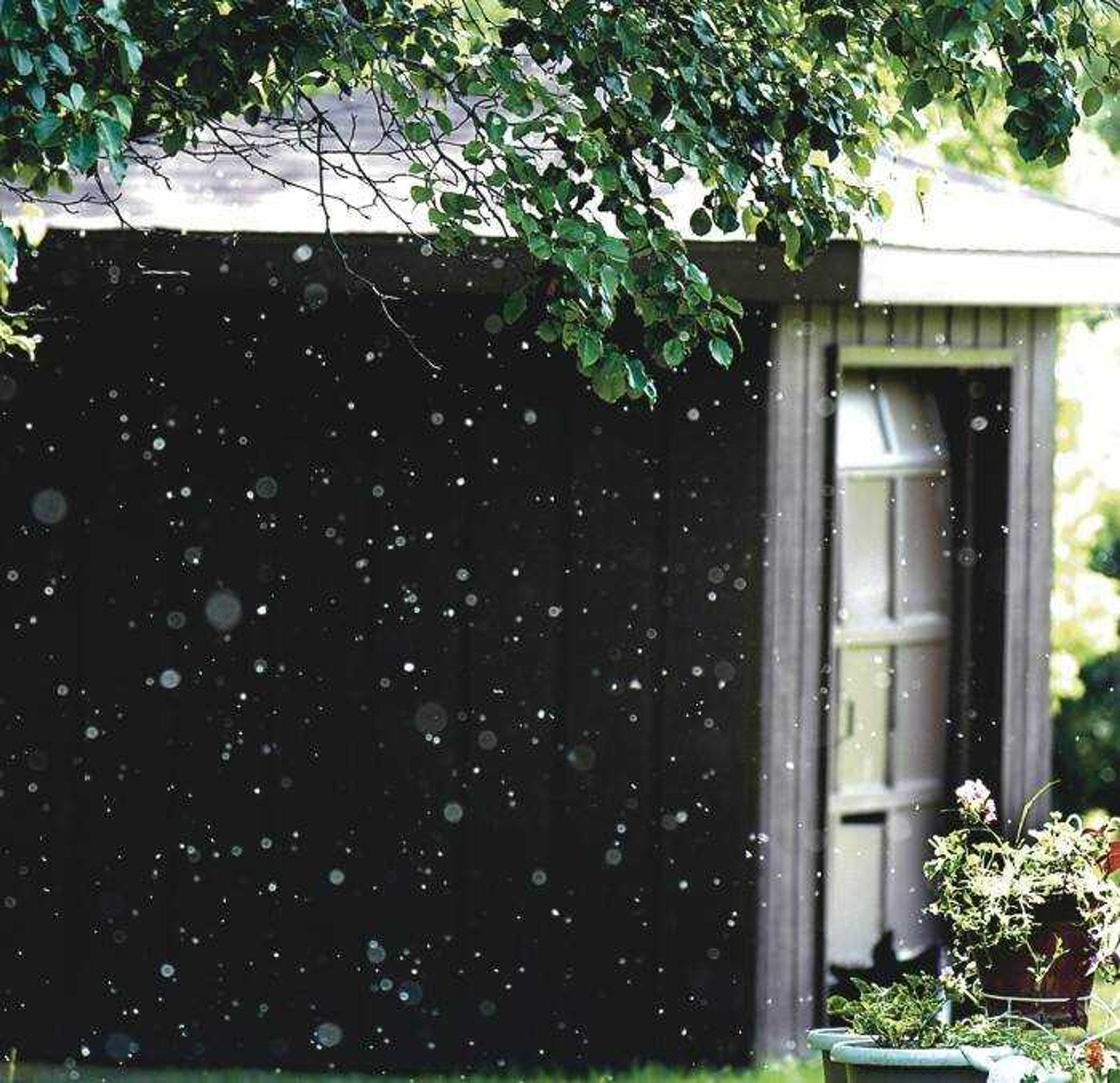Nothing to sneeze at: Allergies invade Southeast Missouri
Lorilea Johnson chuckles at how many people she sees each week with "colds." A few of them tell her they just have "sinuses." While her patients' self-diagnosis is humorous, the real cause of their sneezing, itchy eyes and runny nose is no laughing matter: Allergies...
Lorilea Johnson chuckles at how many people she sees each week with "colds."
A few of them tell her they just have "sinuses."
While her patients' self-diagnosis is humorous, the real cause of their sneezing, itchy eyes and runny nose is no laughing matter: Allergies.
As a nurse practitioner at Southeast Missouri Hospital's ER Express, Johnson said this is a time of year allergy sufferers struggle -- especially those allergic to grasses and pollens.
Dr. Janna Tuck said allergies are so bad right now that her office has no available appointments through July.
Tuck said the Mississippi valley is rife with potential allergy problems, more so than other parts of the country.
"A lot of people think just because it's allergies and they're functioning, they don't need to see a physician," Tuck said.
But that's not necessarily true, she said, especially before mixing medications.
Treatments for the common cold and sinus infections will not likely help symptoms of allergies, so it's important to distinguish between them.
Clear nasal discharge, watery eyes and sneezing are all classic allergy symptoms, but fever is not.
"Allergies are not caused by an infection -- it's an immune response," Johnson said. "Antibiotics will do nothing for allergies."
In fact, Johnson said antihistamines are the best treatment medicine-wise.
There are numerous versions on the market now, including some non-sedating (unlike Benadryl) antihistamines available over the counter. An antihistamine that works for one person may not work for another, so trying different products may be necessary.
Outside of antihistamines, Johnson recommends a steroid nasal spray as a method of preventing symptoms for people who have chronic problems. There are also non-medicinal solutions, such as limiting exposure to the outdoors and closing windows at night.
Tuck said she recommends patients allergic to grass and pollen refrain from mowing the yard or spending extended time outdoors.
If an allergy sufferer does spend time outside, changing clothes, washing eyes with a clean washcloth and brushing hair once indoors can help cut back on symptoms.
cmiller@semissourian.com
335-6611, extension 128
---
Dealing with it
Here's how the National Institute of Allergy and Infectious Diseases suggests creating a dust-free room:
Preparing the room
- Completely empty the room, as if you were moving
- Empty and clean all closets
- Keep clothing in zippered plastic bags and shoes in boxes off the floor
- Remove carpeting, if possible
- Clean and scrub the woodwork and floors to remove all traces of dust
- Wipe wood, tile or linoleum floors with water, wax or oil
- Close doors and windows until the dust-sensitive person is ready to use the room
Maintaining the room
- Wear a filter mask when cleaning
- Clean floors thoroughly once a week
- Clean floors, furniture, tops of doors, window frames and sills with a damp cloth or oil mop
- Vacuum carpet and upholstery regularly
- Use a special filter in the vacuum
- Wash curtains often at 130 degrees (F)
- Air the room thoroughly
Additional control
- Use electrostatic and HEPA air filters, in a furnace or room unit, to reduce allergies
- Avoid upholstered furniture and blinds
Source: National Institute of Allergy and Infectious Diseases
Connect with the Southeast Missourian Newsroom:
For corrections to this story or other insights for the editor, click here. To submit a letter to the editor, click here. To learn about the Southeast Missourian’s AI Policy, click here.









